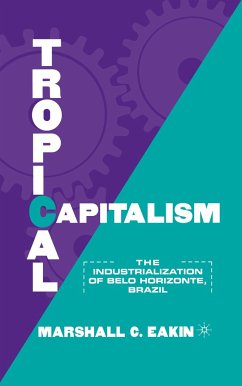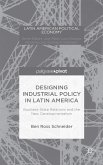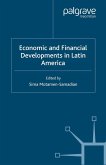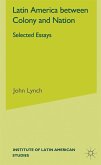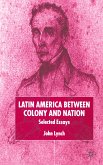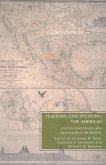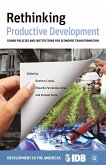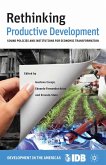Tropical Capitalism traces the rise of Brazil's second largest industrial center, a planned city created in the 1890s as the capital of Minas Gerais, the nation's second most populous state. Marshall Eakin offers the industrialization of Belo Horizonte as an example of an extreme form of the pattern of Brazilian industrialization - a variation of capitalism characterized by state intervention, clientelism, family networks, and the lack of tehcnological innovation. At the core of the analysis are the webs of power formed by politicians, technocrats, and entrepreneurs who drove forward the process of industrialization. The first comprehensive analysis of Belo Horizonte, this book explores industrialization in Latin America, and looks beneath the larger, national economy to dissect a city and region.
Bitte wählen Sie Ihr Anliegen aus.
Rechnungen
Retourenschein anfordern
Bestellstatus
Storno

